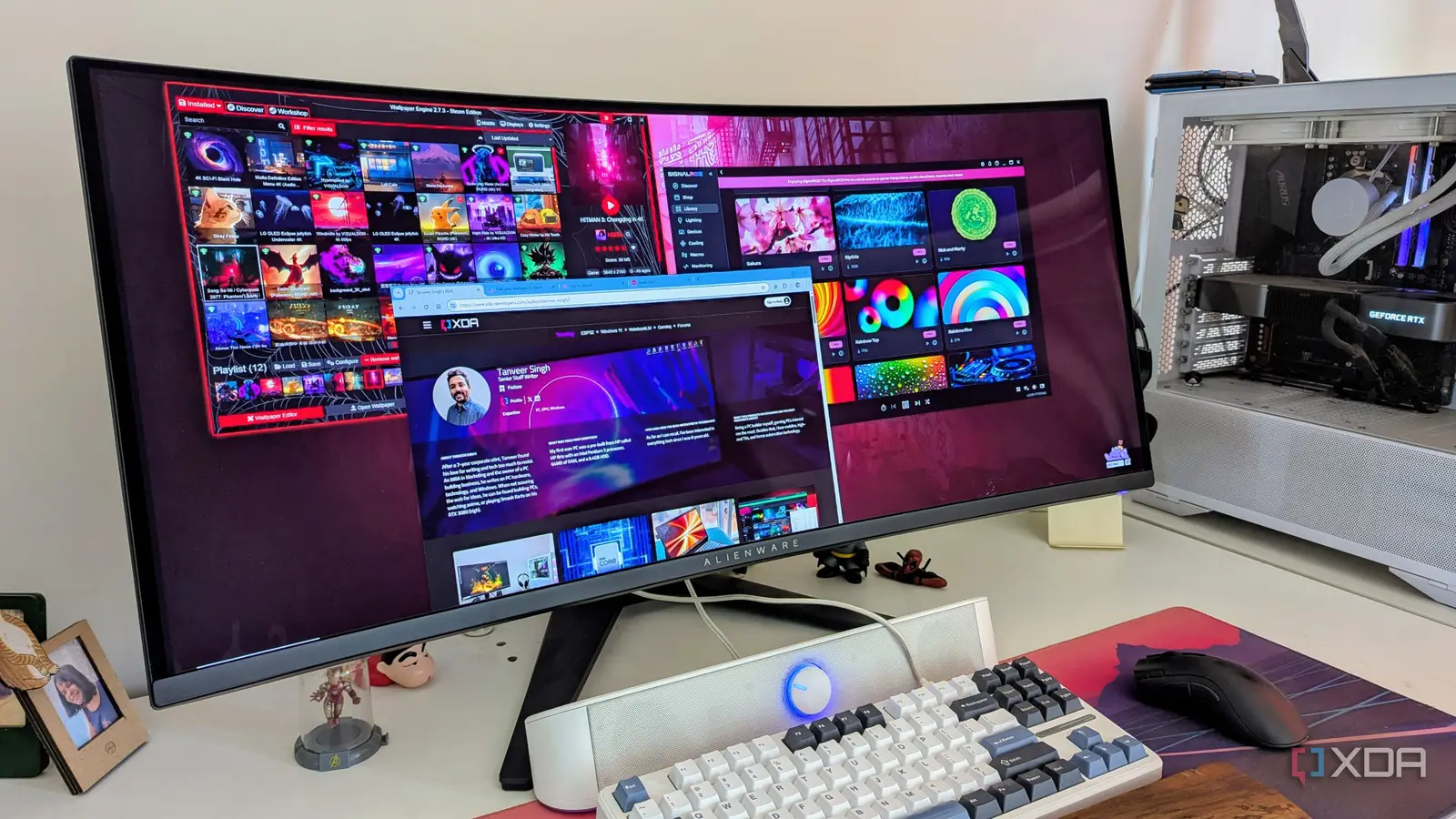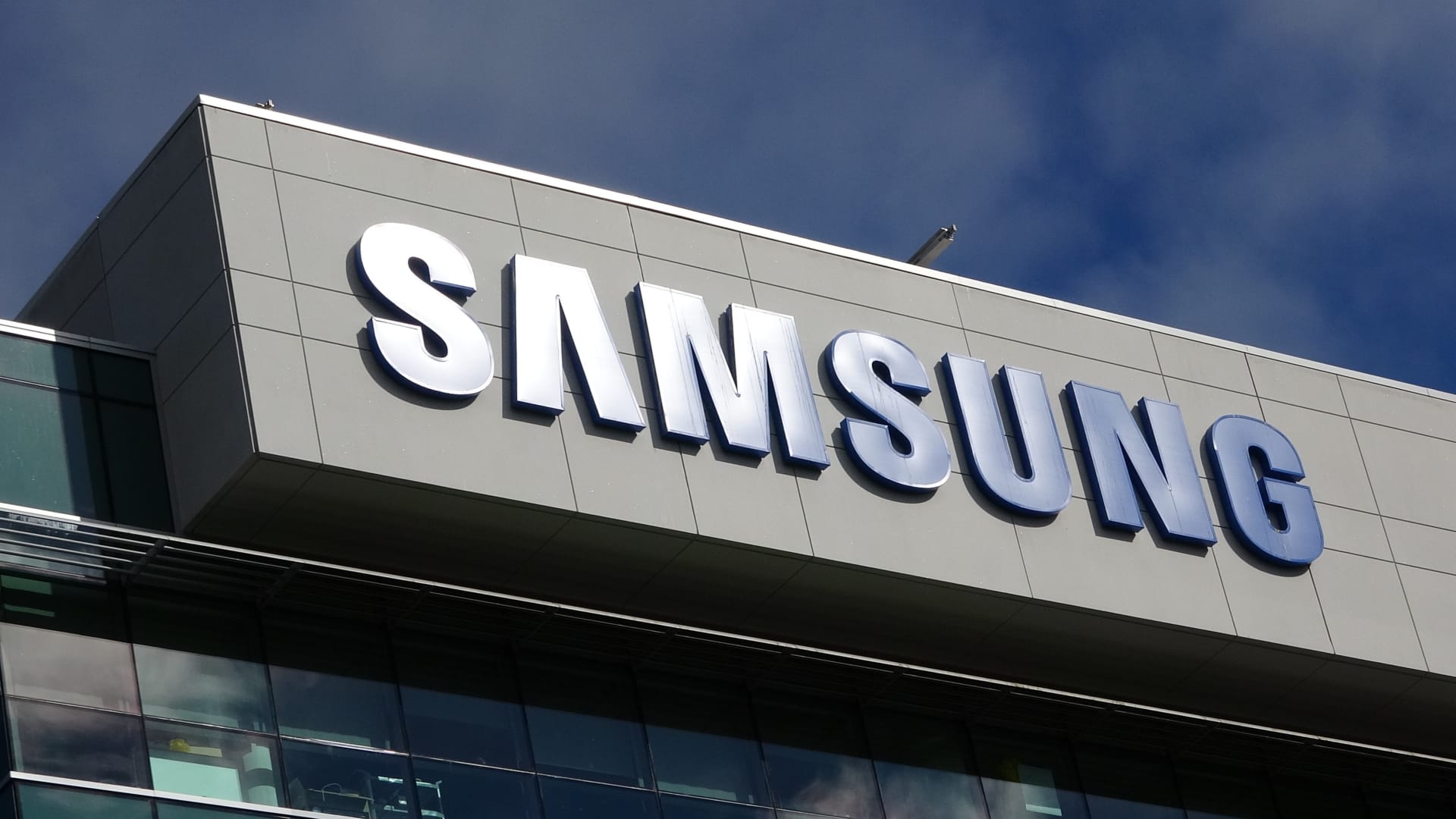Copyright XDA Developers

I'm sure you hate resource hogs as much as I do. It's frustrating to lose system resources to programs that you're not even actively using. Minimized browser windows, vendor bloatware in the background, and wallpaper & RGB programs are some of the worst offenders. If you're using any of the programs on this list, you should consider switching to alternatives, or tweaking them to reduce the load on your CPU, GPU, and RAM. Whether you're losing performance during gaming or productivity workloads, you would want to free up your system resources. Your RAM-hungry web browser Chrome, Firefox, Edge — no one is immune Modern web browsers consume more resources than ever. Most popular browsers are Chromium-based and tend to be a burden on your RAM. Google Chrome, Edge, and even Brave (that's the one I use) are always at the top of Task Manager's RAM usage column. Firefox used to be a lightweight alternative to Chrome, but lately, users report high memory usage on the Gecko-based browser as well. It's near-impossible to reduce the number of browser tabs open at any given time, especially if your gaming PC doubles up as your work device. I like to separate my work tabs, browser gaming tabs, Plex tab, and other tabs across different browsers. Whether you do the same or use multiple windows or workspaces on the same browser, the number of open tabs can quickly become overwhelming. What you can do to somewhat reduce the load on your RAM is switch to browsers known to consume fewer system resources — Arc, Vivaldi, Opera GX, and DuckDuckGo come to mind. Give the one you like a genuine shot, and see if your RAM usage is on the lower side. If not, you could go back to your favorite browser, and remove some of the other programs on the list. Your needlessly convoluted antivirus program McAfee, Avast, Bitdefender, and others In 2025, you don't really need a third-party antivirus on your personal device. Cyberattacks have never been more common, but you don't need to pay for antivirus software or suffer bloated programs only to protect your system. If you're on Windows, Microsoft Defender is more than enough to keep modern threats away from your PC. Microsoft Defender gets regular updates, so your PC is always updated with the latest threat prevention technology. Most third-party antivirus programs slow your system down with needless features, and are a greater strain on resources compared to built-in Windows protection. Some independent studies have compared different antivirus suites in terms of system slowdowns. The results showed that programs like McAfee Total Protection, Bitdefender Total Security, and Avast Free Antivirus led the way in terms of consuming system resources during quick and full system scans. You're not only paying for some of these antivirus programs, but sacrificing precious CPU and RAM bandwidth. Not every antivirus program can be termed bloatware — Kaspersky Security Cloud Free can actually be faster than Microsoft Defender — but generally, you're better off without any third-party solution on Windows 11. Wallpaper Engine Looks beautiful, but it can strain older systems Wallpaper Engine is one of the PC programs I still recommend to everyone, but it can be a serious resource hog, especially on systems with older CPUs and limited RAM. Wallpaper Engine remains one of the best wallpaper apps on Windows, and arguably the number one pick for animated wallpapers, despite being a paid program (a $4 one-time fee). The problem with it is that its dynamic wallpapers, especially ones with tons of effects, can spike your CPU, RAM, and GPU usage. Outside of gaming and other full-screen apps that can pause your current wallpaper, you're likely to feel the pinch. On my PC, Wallpaper Engine currently ranks third in terms of CPU usage, only behind the system and SignalRGB, another program I'll talk about in the next section. I have a fairly capable machine with 32GB of DDR4 RAM and a Ryzen 7 5700X, so I prefer to enjoy Wallpaper Engine rather than replacing it with a static wallpaper. Besides, my new OLED monitor needs Wallpaper Engine's animated wallpapers to minimize the chances of burn-in. If your PC is struggling with free RAM and CPU resources for your games or other intensive programs, you can consider switching to lightweight wallpapers or uninstalling Wallpaper Engine altogether. SignalRGB Here's your signal to disable it Next to Wallpaper Engine, SignalRGB is the other program I always install on my PC. After using numerous RGB utilities from motherboard brands, I found SignalRGB provided the most seamless experience. I can sync each of my RGB components with a single program, and even the free effects are more than enough to enhance your PC's esthetics — Screen Ambience remains my favorite. Still, SignalRGB is often called out by the community as the most resource-intensive RGB program out there. That criticism is mostly valid — I see it's at the top of the CPU usage, and third in the RAM usage column in Task Manager right now. I like to sync my PC's RGB lighting and whatever's on my monitor screen, so I put up with the high resource requirements. Others with limited RAM or an older CPU might not have the luxury of doing so. SignalRGB might be the best RGB program I've ever used — I could never get OpenRGB to work on my system — but it needs serious work in terms of resource utilization. If your PC feels sluggish during gaming or even otherwise, try turning SignalRGB off. Your first-party vendor bloatware Armoury Crate, iCUE, Synapse, and more We'd all love it if our motherboards didn't force tons of bloatware on our PCs, but it's not going to happen anytime soon. Whether you're using a Gigabyte, Asus, or MSI board, first-party software is an unfortunate reality in today's PC hardware space. It's not limited to motherboards either — Corsair's iCUE and Razer's Synapse software come bundled with your peripherals. While some of these programs might mean well, they're still bloated to kingdom come. Motherboard bloatware isn't just an annoying distraction, but a strain on your PC's performance. Asus's Armoury Crate, MSI Center, and Gigabyte Control Center might seem useful at first glance, but almost everything they claim to do can be done by better alternatives. I've never used Gigabyte Control Center for my Gigabyte motherboard or Synapse for my Razer mouse. For syncing RGB, I use SignalRGB; FxSound is my audio equalizer; Fan Control takes care of my fan curves; and I manage PBO using the BIOS or Ryzen Master. I'm happy to avoid resource hogs from motherboard and peripheral vendors that do nothing but steal performance from my system. Stop ignoring silent performance killers on your PC Your motherboard software, RGB program, antivirus suite, and wallpaper app might not seem heavy on the surface, but their resource usage in Task Manager tells a different story. Programs like Asus Armoury Crate, SignalRGB, Wallpaper Engine, and McAfee Total Protection consume way more CPU and RAM bandwidth than they should. You always have alternatives that you can use to reduce the load on your PC and reclaim some of that lost performance. Not everyone would like to part with every program on this list, but every bit helps.



